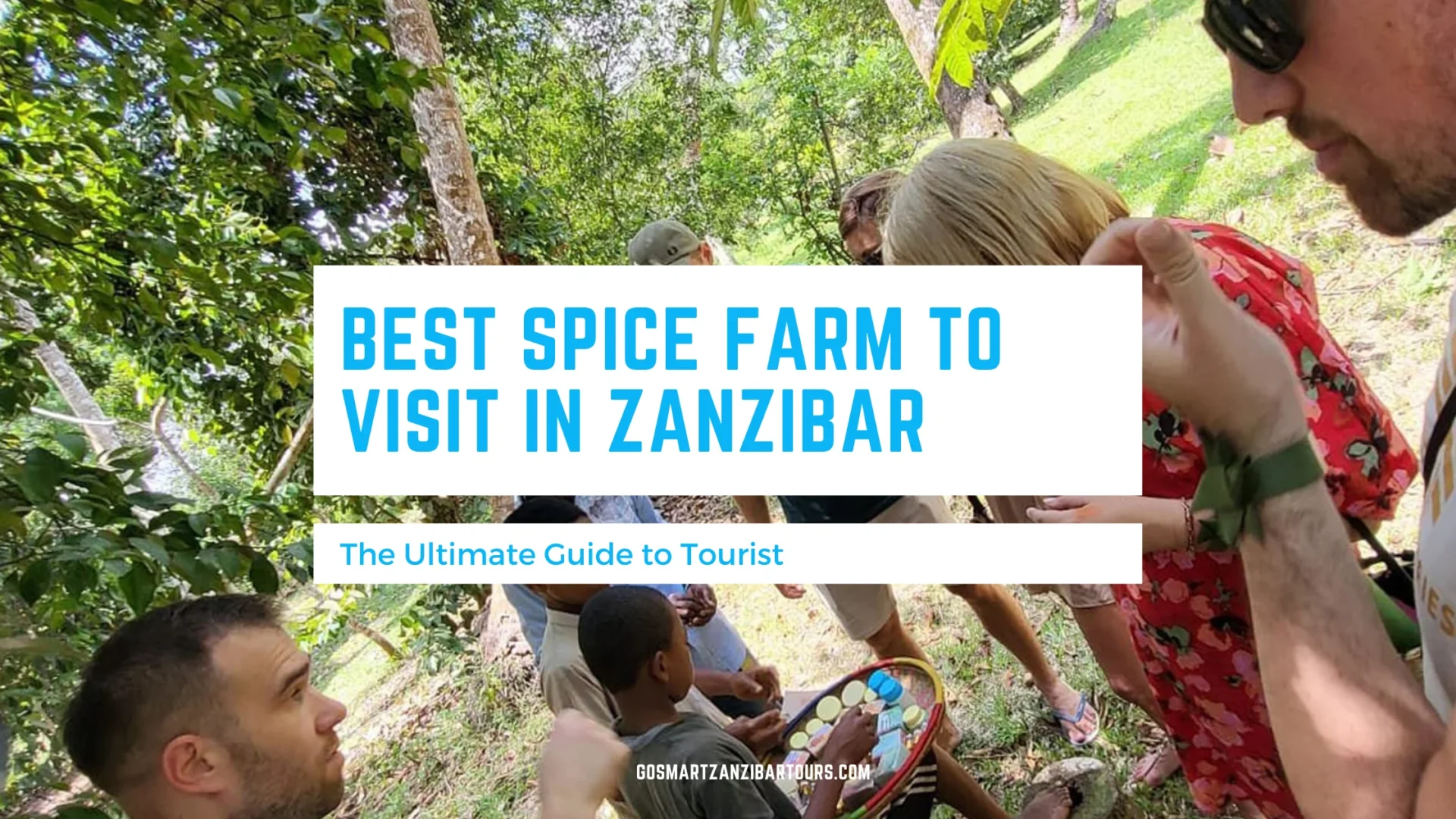We’ve curated unforgettable spice farm experiences for thousands of travelers, leveraging our local expertise, longstanding partnerships with farmers, and commitment to sustainable tourism.
This guide isn’t just a list—it’s your roadmap to the island’s aromatic wonders, designed to help you choose the perfect farm visit.
Why Visit a Spice Farm in Zanzibar?
Zanzibar, dubbed the “Spice Island,” boasts a storied history as a global spice hub, with plantations dating back to the 19th century under Omani influence.
The island’s fertile volcanic soil and tropical climate yield premium organic spices like cloves, cinnamon, and nutmeg, which are not only culinary staples but also hold cultural and medicinal significance.
Visiting a spice farm offers more than sightseeing—it’s an educational journey into sustainable agriculture, local traditions, and sensory delights.
According to tourism experts, these tours provide interactive experiences that deepen appreciation for Zanzibar’s biodiversity, with many farms located in the lush Masingini Forest near Stone Town for easy access.
Whether you’re a foodie, history buff, or nature lover, a spice farm visit is a must-do, far surpassing passive market shopping.
See Also: Best Spices to Buy in Zanzibar
9 Best Spice Farms to Visit in Zanzibar
Drawing from traveler reviews, expert guides, and our own explorations, we’ve compiled this list of Zanzibar’s premier spice farms.
We’ve prioritized those offering authentic, educational tours with fresh produce, cultural insights, and sustainable practices.
While all are worthwhile, Jambo Spice Farm stands out for its comprehensive experience—more on that below.
Jambo Spice Farm (Dole Village)
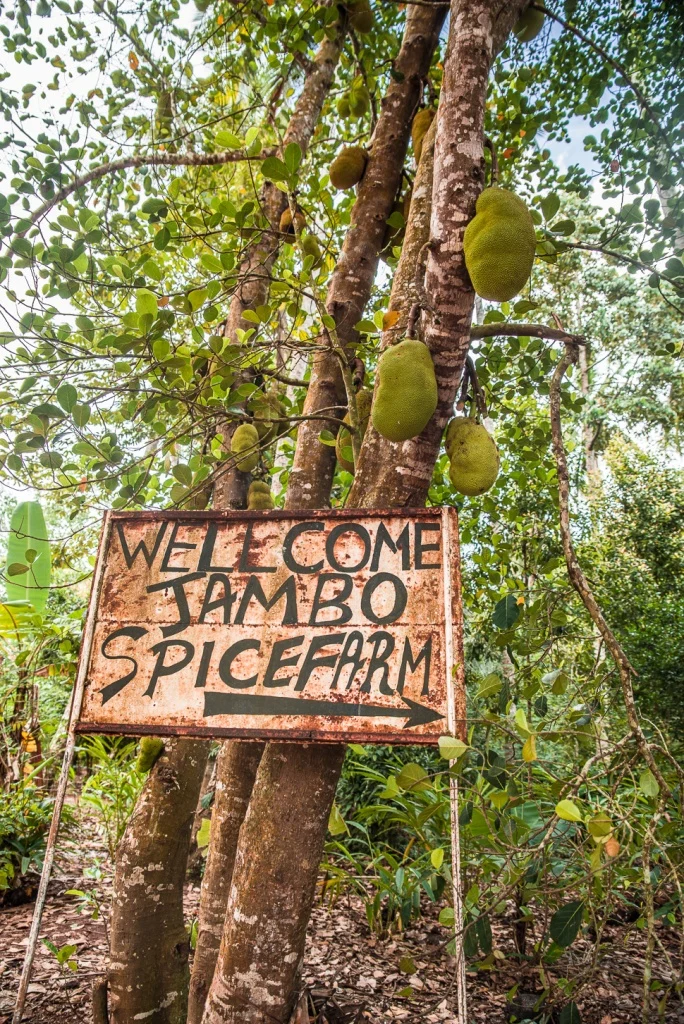
Nestled in rural Dole Village, this farm excels in interactive tours where visitors harvest spices like cloves and vanilla directly from the source.
Highlights include expert-guided walks, historical spice trade stories, and a spice-infused lunch. It’s praised for its authenticity and family-friendly vibe, making it ideal for all ages.
As our featured destination, it’s where we host tours for unbeatable value.
Tangawizi Spice Farm
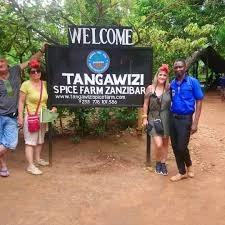
Known for hands-on tastings and engaging guides who blend fun with education, this farm focuses on interactive sessions with spices and fruits.
Visitors rave about the informative yet entertaining approach, including cultural demonstrations.
Located near Stone Town, it’s perfect for short visits.
Kizimbani Spice Farm
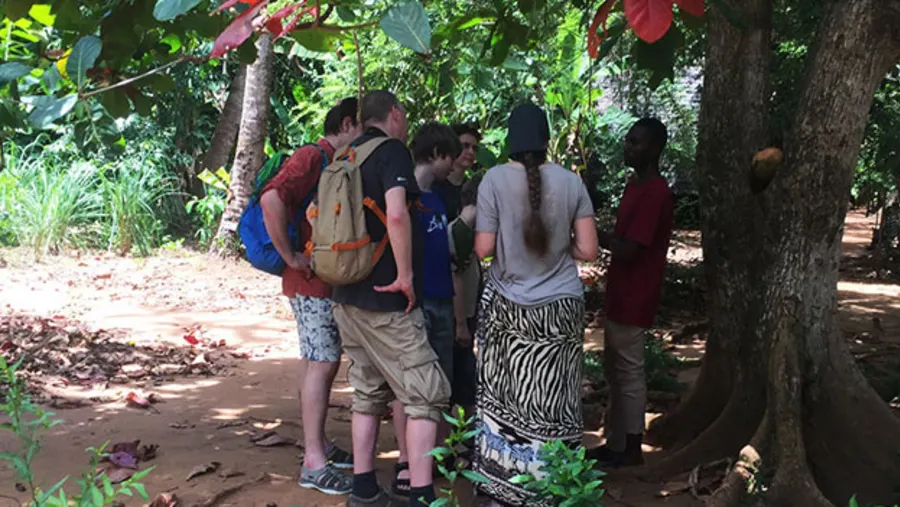
Offering deep historical insights into Zanzibar’s spice legacy, this farm features tours that explore colonial-era plantations.
It’s a top pick for history enthusiasts, with opportunities to see rare herbs and learn about medicinal uses.
Kidichi Spice Farm
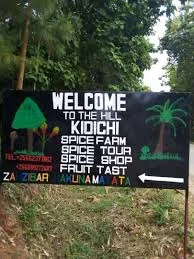
With Persian-era charm from its 19th-century baths built for a sultan’s wife, this farm combines history with spice exploration.
Tours include viewing cinnamon groves and nutmeg trees, emphasizing the island’s architectural heritage.
Village Green Spice Farm
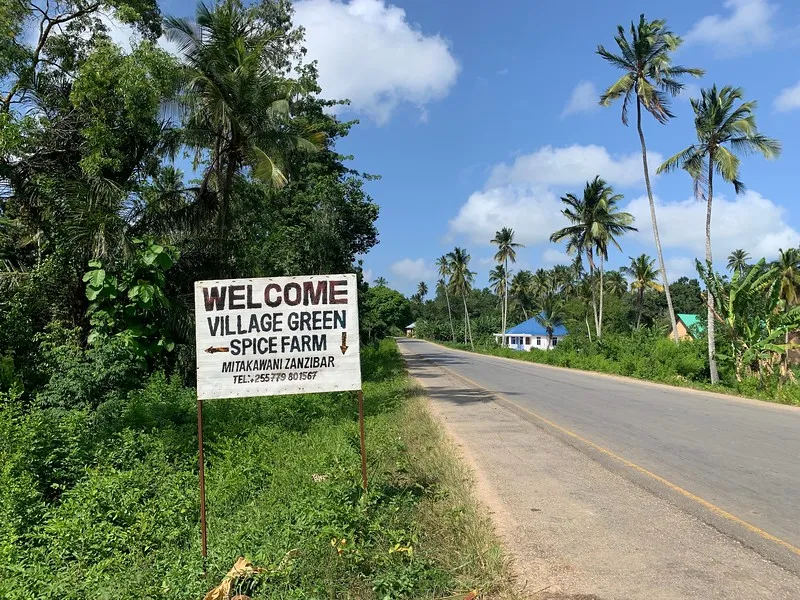
A community-focused farm highlighting sustainable practices, it offers guided walks through diverse plantations.
Travelers appreciate the eco-friendly approach and chances to buy organic spices directly from growers.
Zanzibar Spices and Heritage Centre (ZASPIHE)
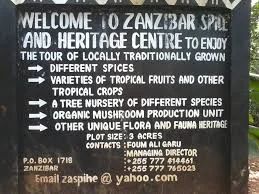
This center provides comprehensive tours on spice cultivation and heritage, including processing demos.
It’s authoritative for those seeking in-depth knowledge, with exhibits on the island’s spice trade evolution.
Siso Spice Farm
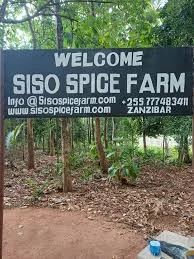
Multilingual guides lead visitors through spice and fruit plantations, with add-ons like Swahili cooking classes and village tours.
It’s versatile for extended experiences, emphasizing local culture.
Mussa Abasi Village Spice Farm Kisongoni
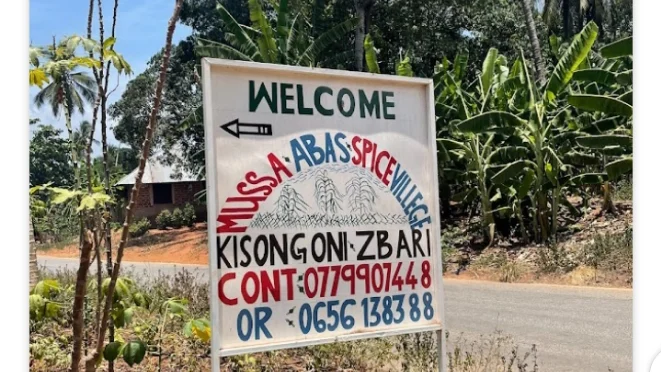
A hidden gem in a village setting, this farm offers intimate tours focused on traditional farming methods. It’s ideal for authentic, off-the-beaten-path adventures with personal interactions.
Shabuta Spice Farm
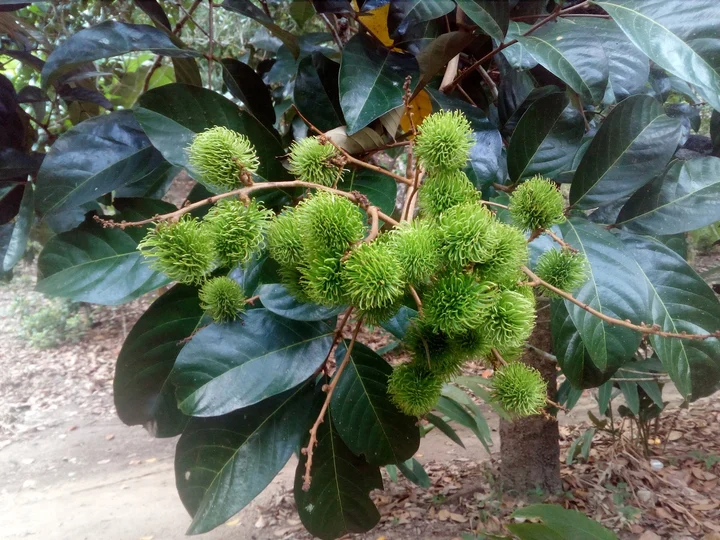
Known for its vibrant plantations and spice shopping, this farm provides sensory-rich tours. Visitors enjoy tasting fresh produce and learning about organic growing techniques.
These farms represent Zanzibar’s best, but based on our expertise, Jambo Spice Farm consistently delivers the most memorable, value-packed experience—backed by rave reviews for its depth and hospitality.
Expert Tips for Visiting Spice Farms in Zanzibar
Maximize your adventure with these insider tips from our team at Go Smart Zanzibar Tours:
- Choose the Right Time: Visit in the morning (8-11 AM) to avoid midday heat; the dry season (June-October) offers clearer paths, while the rainy season (March-May) showcases lush greenery.
- Book a Guided Tour: Self-visits miss out on expert insights—opt for guided options with multilingual support for full cultural immersion.
- Prepare Practically: Wear comfortable shoes for walking on uneven terrain, apply sunscreen and insect repellent, and bring water. Respect local customs by dressing modestly.
- Budget Smartly: Group tours reduce costs—our packages start at $10 for larger groups.
- Sustainability Matters: Support farms practicing organic methods; ask about fair trade and avoid those exploiting workers.
- Combine Activities: Pair your visit with Stone Town explorations or beach time for a full day—many farms, like Jambo, are en route.
Following these ensures a safe, enriching trip that honors Zanzibar’s heritage.
Discover the Best: Book Our Spice Farm Tour to Jambo Today
While any spice farm visit is rewarding, our Spice Farm Tour elevates it to extraordinary.
Head to Jambo Spice Farm in Dole Village for a 3-hour immersion: stroll through plantations, harvest cloves and nutmeg, learn spice history from expert guides (in English, French, German, or Spanish), and enjoy a flavorful traditional lunch.
Priced affordably at $10-25 per person (group discounts apply, transport extra—contact us for quotes), it includes hands-on activities, cultural insights, and spice shopping at source prices.
Tailored for families, couples, or solos, our tour combines education with fun, and can be customized with add-ons like Jozani Forest visits.
Thousands of guests have called it a highlight of their Zanzibar trip—don’t miss out!


